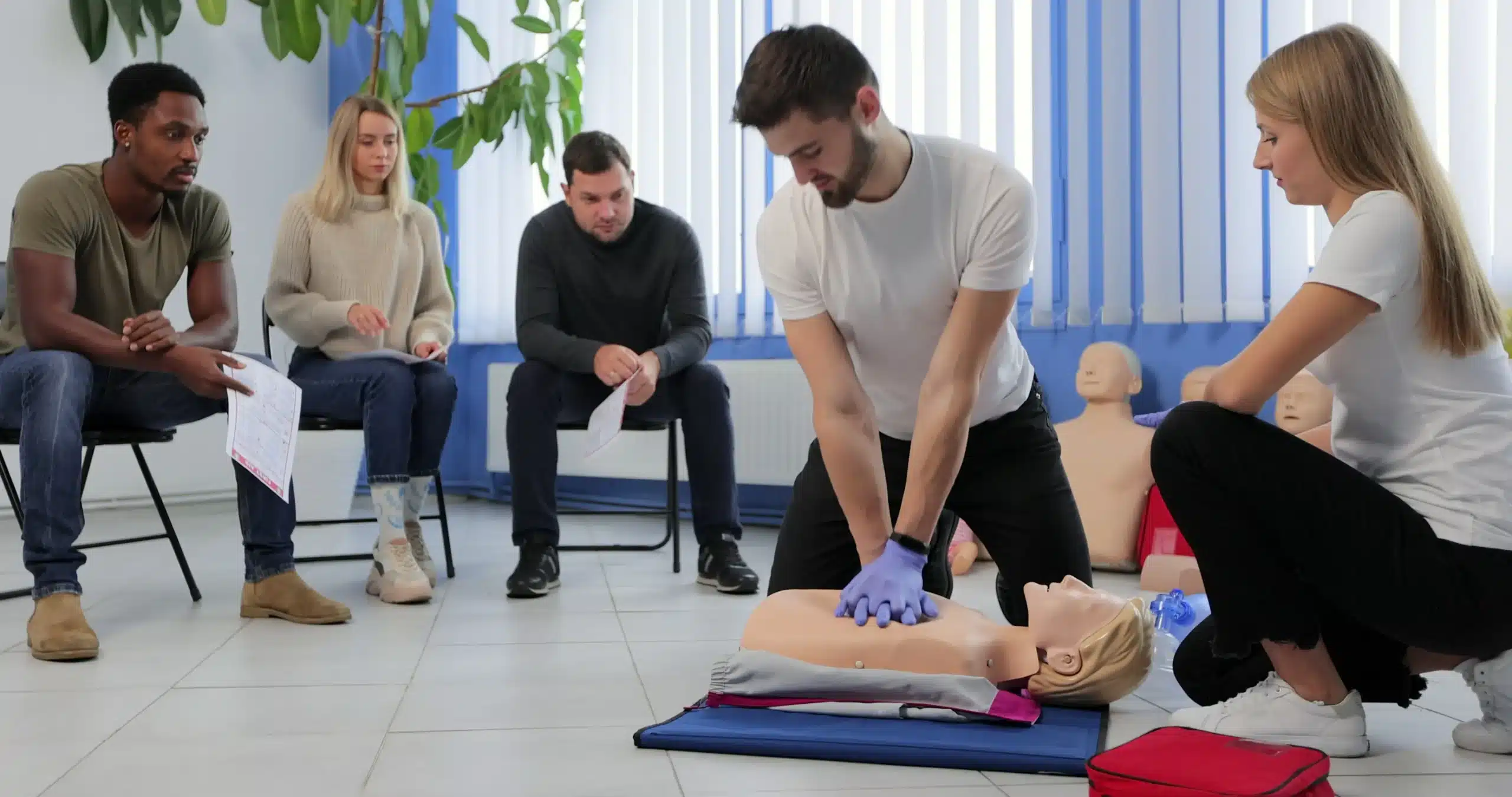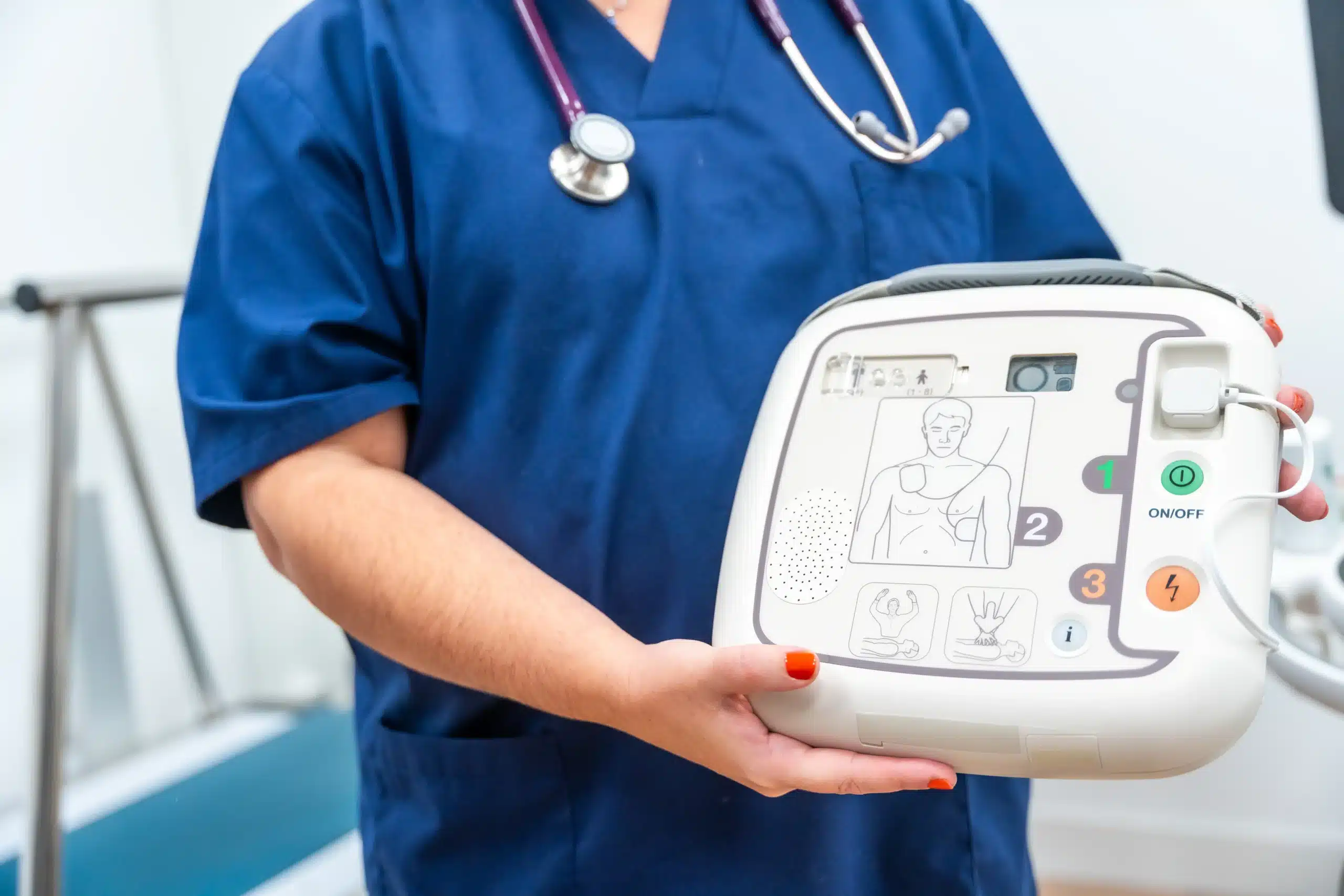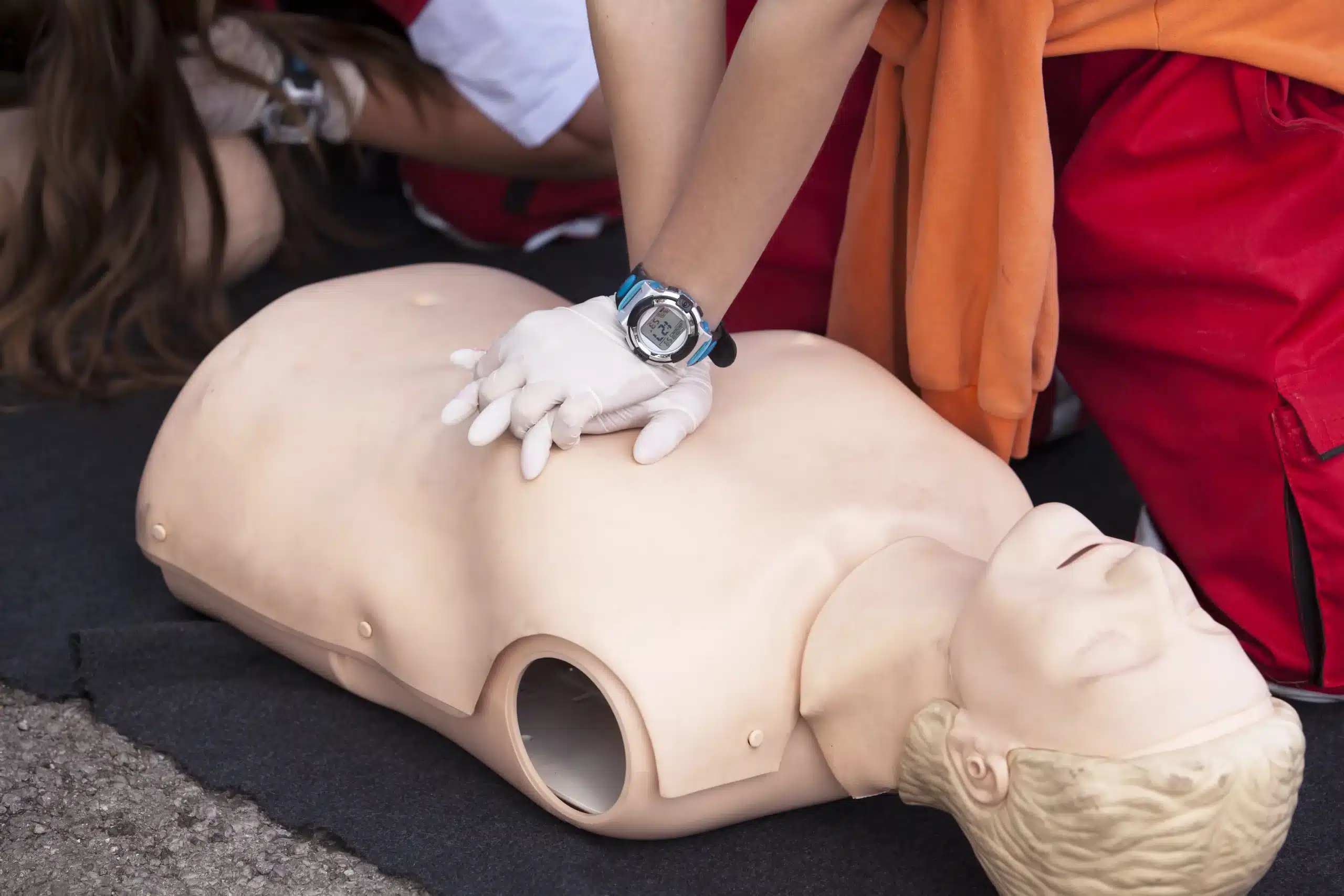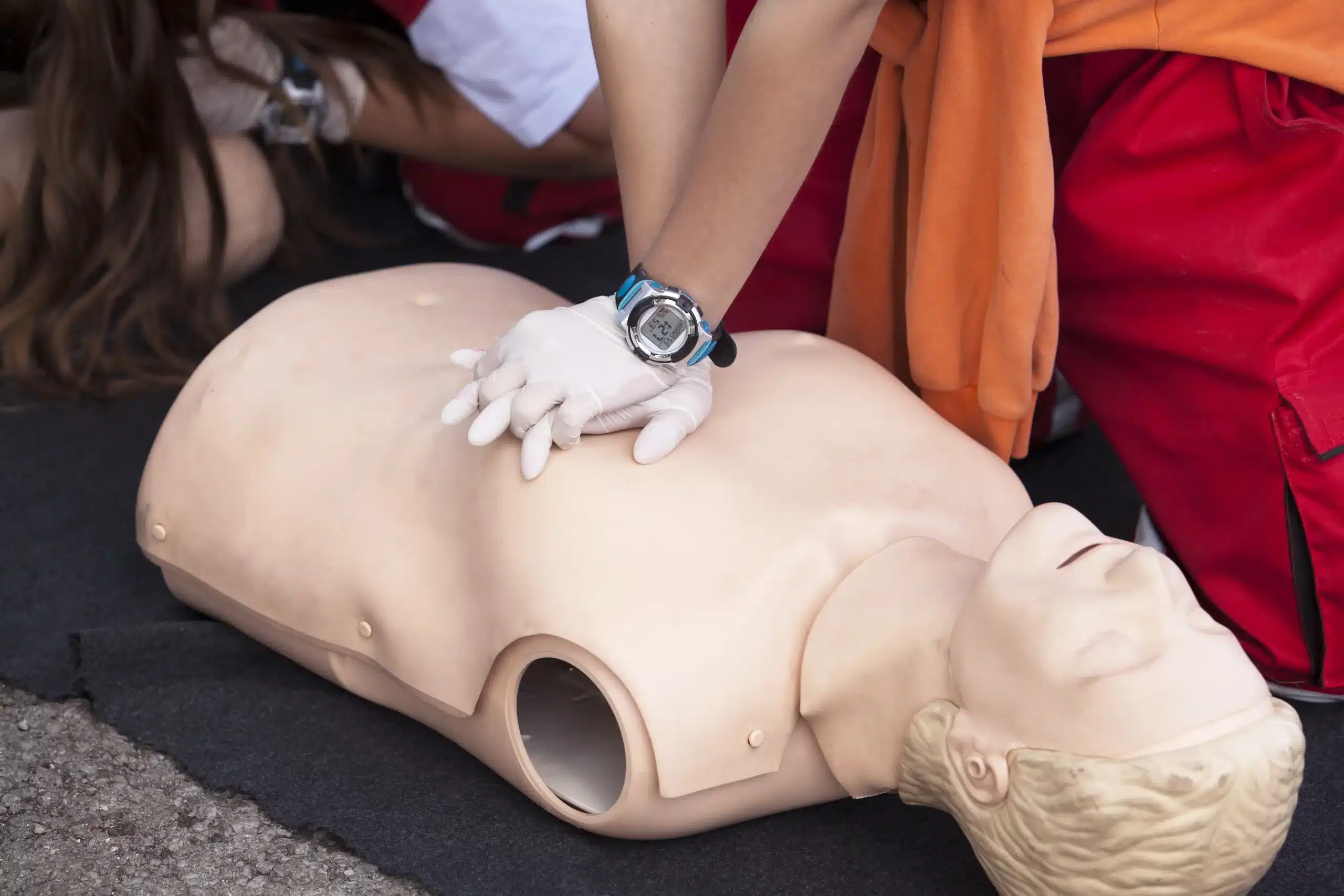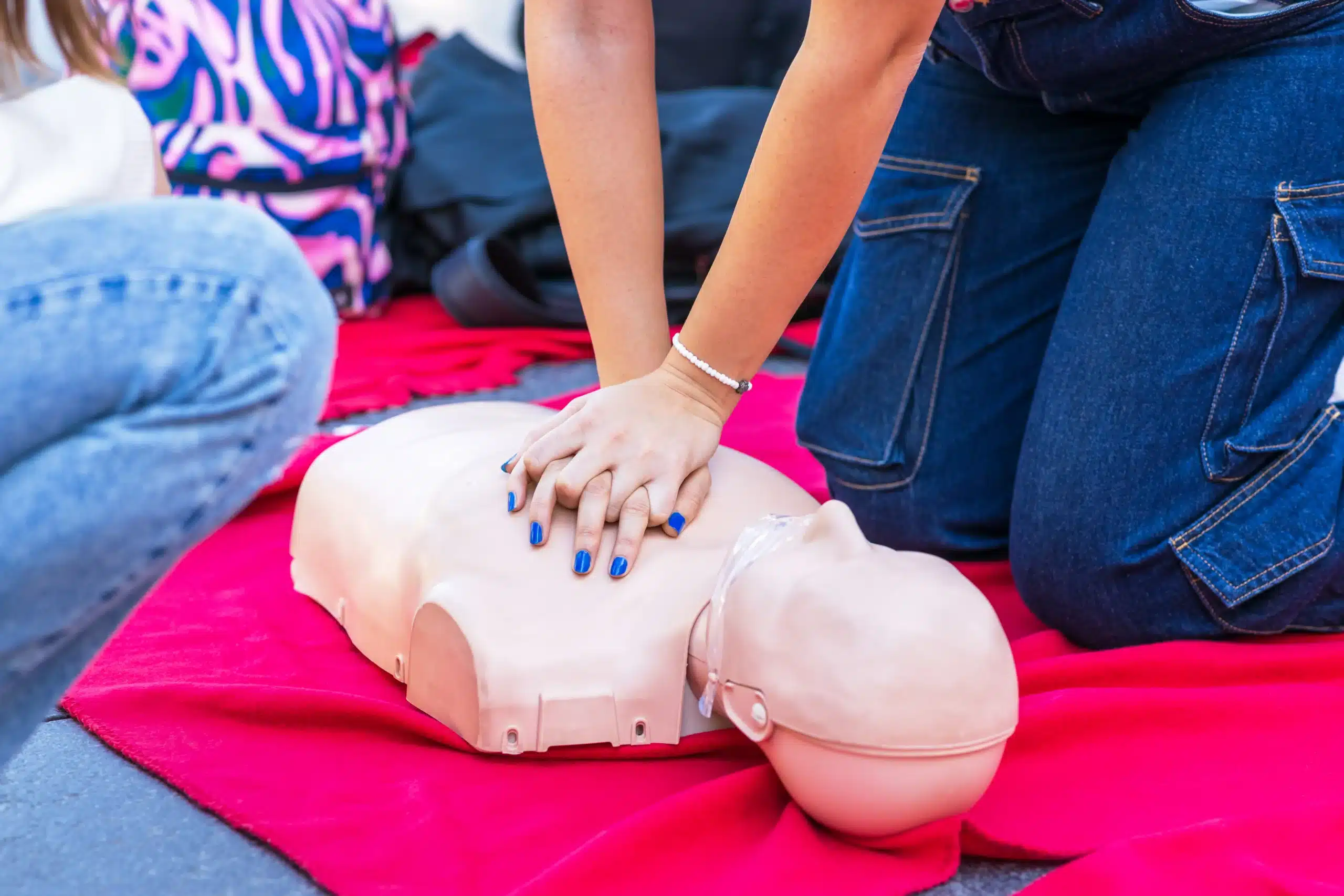Cardiopulmonary Resuscitation (CPR) is often the difference between life and death in an emergency. Statistics show that immediate CPR can double or even triple survival chances during cardiac arrest. While these numbers highlight its life-saving importance, survivors often face more than just a physical recovery—it’s the psychological scars that linger long after the heartbeat stabilizes.
Surviving CPR is a traumatic experience for many. The jarring realization of how close they came to death often leads survivors to grapple with fear, anxiety, and even depression. However, navigating this psychological recovery is just as vital as regaining physical health.
This blog serves a clear purpose: to unpack the mental health challenges CPR survivors face and offer actionable strategies for coping and healing. Whether you’re a survivor, a family member, or a healthcare professional, this guide will provide you with valuable insights and tools to approach recovery holistically.
Understanding the Psychological Impact of CPR
Immediate Emotional Responses
Emerging from a cardiac arrest can feel overwhelming and surreal. Survivors often report emotions such as fear, confusion, and lingering anxiety. These reactions are perfectly normal after a near-death experience.
Many survivors also experience Acute Stress Disorder (ASD). This condition is marked by symptoms like flashbacks to the event, heightened vigilance, and difficulty sleeping. For instance, a study published found that over 20% of CPR survivors displayed signs of ASD within the first month following resuscitation.
Long-Term Mental Health Effects
For some, emotional challenges last well beyond the initial recovery phase. Common mental health conditions include:
- Post-Traumatic Stress Disorder (PTSD): Intrusive memories, nightmares, and a persistent sense of vulnerability.
- Depression: Feelings of sadness, helplessness, and loss of interest in daily activities.
- Survivor’s Guilt: Questioning why they survived when others may not have been as fortunate.
These experiences often force survivors to confront profound existential questions. Many report a shift in their worldview, reflecting on their mortality and searching for new purpose in life.
Statistic reference adds further weight here—up to 42% of CPR survivors experience some form of psychological distress, based on a report in the Resuscitation Journal.
Coping Strategies for Survivors and Families
Mindfulness-Based Techniques
Mindfulness can help re-center the mind and reduce stress. These techniques encourage survivors to focus on the present moment, alleviating anxiety.
Here’s how you can get started with mindfulness today:
- Meditation: Set aside 5–10 minutes daily to sit quietly, focusing on your breath. Apps like Calm or Headspace can guide beginners.
- Journaling: Write down your thoughts, emotions, or dreams. This practice can offer clarity and emotional release.
- Yoga: Combining gentle stretches with breathing exercises, yoga helps relax the body while calming the mind.
Support Networks
No one should have to go through recovery alone. Family, friends, and peer groups provide essential emotional support during this challenging time.
Consider joining survivor communities, such as those hosted by organizations like the American Heart Association (AHA). These forums foster a sense of camaraderie, helping survivors connect with others who truly understand their experience.
Lifestyle Adjustments
Building a sustainable routine plays an important role in mental and physical recovery. Focus on adopting these healthy habits:
- Regular physical activity: Exercise reduces cortisol levels and increases endorphins. Always consult your doctor before starting any new fitness routine.
- Balanced nutrition: A diet rich in fruits, vegetables, lean protein, and whole grains helps stabilize mood and energy.
- Quality sleep: Establish a bedtime routine that includes minimizing screen time and using calming practices like reading or deep breathing.
Seeking Professional Help
Some survivors may benefit from professional support to process lingering trauma. Psychologists or counselors specializing in trauma recovery can offer customized care strategies.
What to Look for in a Mental Health Professional:
- Extensive experience treating trauma survivors.
- An approach that combines Cognitive Behavioral Therapy (CBT) and mindfulness.
- Positive reviews or references from previous clients.
Why Psychological Recovery is Essential
Healing should always be holistic. Addressing the psychological aspect of recovery not only improves emotional well-being but also complements physical rehabilitation. Studies show that high stress and untreated mental health issues slow physical recovery, often leading to other complications like high blood pressure or immune dysfunction.
When survivors actively work to manage their mental health, they reduce the stress that the body carries, creating an environment more conducive to overall healing.
Empowering Yourself and Your Community
CPR survivors embody remarkable resilience and strength in overcoming life-threatening situations. Their courage inspires others to take proactive steps toward preparedness.
One practical way you can make a difference is by gaining CPR training yourself. Accredited organizations like Safety Training Seminars offer life-saving courses in Daly City such as:
- CPR and First Aid
- Basic Life Support (BLS)
- Advanced Cardiovascular Life Support (ACLS)
- Pediatric Advanced Life Support (PALS)
Each course covers not only the technical skills to save lives but also strategies to provide emotional support after an event. Whether you’re an individual looking to help your community or part of a healthcare organization, strengthening your CPR skills can transform life-threatening moments into opportunities to save lives.
A Path to Emotional Healing
Recovery from CPR doesn’t end with hospital discharge. It’s a multi-dimensional process that requires patience and self-compassion. By addressing emotional health alongside physical healing, survivors and their families can embark on a fulfilling path toward stability.
If you’re a survivor, remember that every step forward—no matter how small—is a victory. Lean on your support system, seek professional guidance when needed, and prioritize your mental well-being. For friends and families, offering compassion and understanding can make all the difference.
Lastly, consider sharing this blog with someone who might benefit from it. And, if you’re inspired to take a proactive step toward building a safer community, check out CPR certification programs near you. Empower yourself to save lives while supporting the resilience of others.



